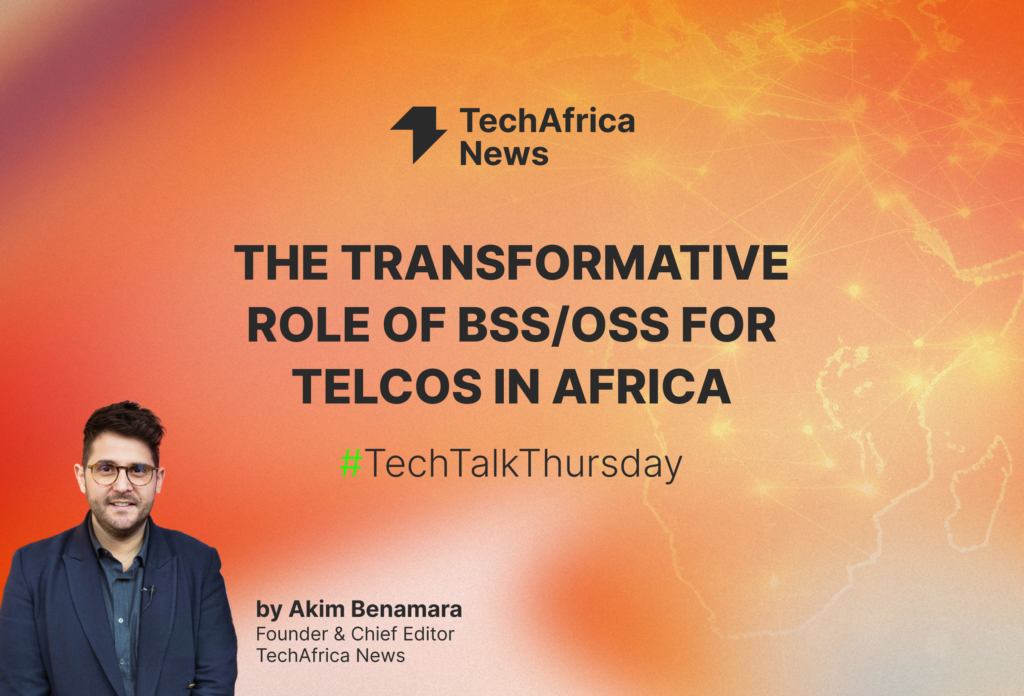Zambia and Kenya Lead Africa’s Internet Resilience Growth, Reports Internet Society
Africa’s Internet resilience reached 34%, driven by infrastructure investments, regional cooperation, and expanding IXPs, with Zambia and Kenya leading growth.

A new analysis published by the Internet Society, the global non-profit organization championing an open, globally-connected, secure Internet, reveals encouraging progress in bolstering the continent’s Internet resilience.
According to the Internet Society’s Pulse Internet Resilience Index , which tracks key metrics related to infrastructure, performance, security, and market readiness, Africa’s overall Internet resilience score now stands at 34%, reflecting a 1 percentage point increase between 2022 and 2023—the latest data available. This means more reliable access to essential online services like education, healthcare, and economic opportunities for millions across the continent.
Western Africa and Middle Africa demonstrated the most significant regional improvements, each with a 2-point increase in their overall resilience scores. East Africa also continues to strengthen, with gains spread across multiple countries, including Ethiopia.
Zambia secured an impressive 6-point increase, followed closely by Kenya with a 5-point rise. Uganda, Comoros, Madagascar, and Mozambique each advanced by 4 points, marking substantial steps forward. Other countries, including Ethiopia, Eritrea, Djibouti, Mauritius, and Tanzania, also showed progress with 3-point increases.
These improvements are driven by factors including increased investment in Internet infrastructure, the expansion of mobile networks, and growing collaboration among governments, technology providers, and local communities. Since 2020, the Internet Society has helped establish and expand 16 Internet Exchange Points (IXPs) in Africa. IXPs are Internet intersections , where networks connect locally to exchange traffic and help make the Internet faster and more affordable.
This positive trend comes as stakeholders gather to address the region’s connectivity challenges, enhance regional cooperation, and foster the growth of a robust Internet economy. This year’s Internet Development Conference focuses specifically on strengthening Internet infrastructure and advancing regulatory frameworks within Africa’s Intergovernmental Authority on Development (IGAD) member states: Djibouti, Ethiopia, Kenya, Somalia, South Sudan, Sudan, and Uganda.
In a remarkable year for digital development, Africa is seeing steady progress toward connectivity, with notable advances in Internet resilience and infrastructure across the continent. While some challenges remain, nations across the continent are leading the charge in creating accessible, resilient Internet networks which are critical to business and society.– Dawit Bekele, Regional Vice President for Africa, Internet Society
The Internet Development Conference will call for continued investment and collaboration to ensure that all Africans can benefit from a reliable and resilient Internet.






